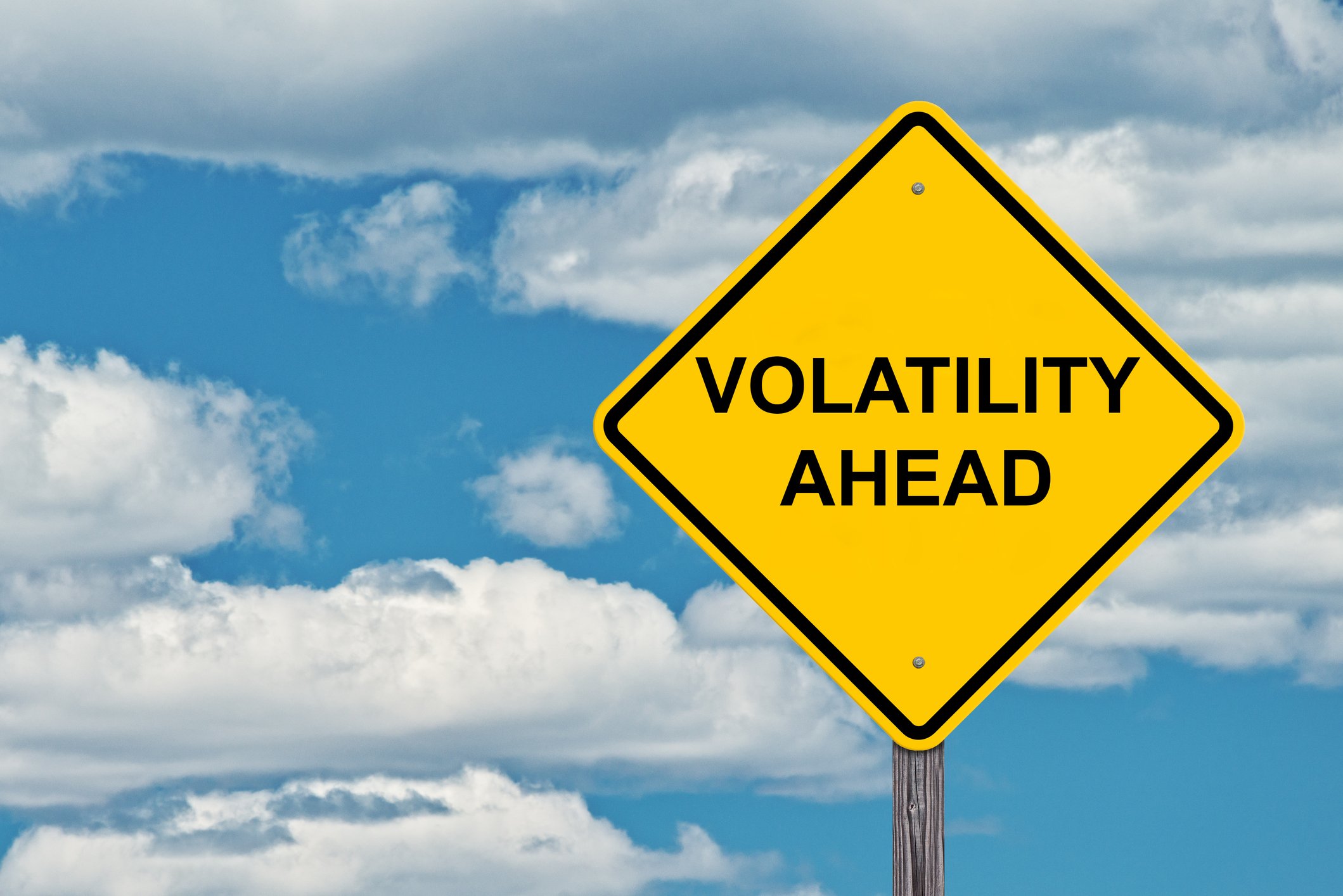Main Street Capital (MAIN 1.21%) is the darling of the BDC industry, posting the highest total returns since it went public in 2007.
On the company's conference call, managers pointed to a new future for Main Street Capital, one that would have it following in the footsteps of larger BDC rivals.
A new way to make money
Main Street Capital runs a number of investment funds, rolling up several of its previously nonpublic funds into one company. A diagram in its annual report helps explain the complexity of Main Street Capital -- and most BDCs, for that matter.

Source: Page 2 of Main Street Capital's 2013 annual report
But there's something brewing behind the scenes at Main Street. Whereas it has previously invested its own money in middle-market companies, it's working hard to build out an asset management business.
Main Street Capital wouldn't be the first BDC to manage other people's money for its own profits. American Capital Ltd. (ACAS +0.00%) owns a sizable asset manager that manages public mREITs, American Capital Agency (AGNC 3.80%), and American Capital Mortgage (NASDAQ: MTGE). Ares Capital (ARCC 1.34%), the largest BDC, owns Ivy Hill Asset Management, a company that manages its own and clients' capital.
Main Street's deal
Main Street Capital signed a deal in May 2012 to manage the HMS Income Fund as a subadvisor, collecting 1% of assets, plus 10% of returns when the fund clears a hurdle of 7.5% per year. Thus, Main Street Capital is rewarded handsomely for managing the fund, which invests in substantially similar assets as Main Street Capital.
In effect, the company earns money on other people's money, which is arguably one of the best businesses in the world.
So, what's the HMS Income Fund? Some Google-fu reveals it's a nontraded BDC sold by financial advisors to their clients. The HMS Income Fund isn't something you'd want to own. The fund has all the attributes of a nontraded BDC, including illiquidity, exorbitant transaction fees totaling 11.5% of the purchase price, and an on-going, 2-and-20-style management fee. This is the fund you've read warnings about.
But for Main Street Capital, the fund couldn't be better. The high transaction fees encourage financial advisors to sell the product. Thus far, assets under management have totaled $80 million in equity capital, according to the conference call. Main Street management implied that is levered to about $120 million in total assets, which will generate roughly $0.02-0.03 in annual income per share for Main Street Capital investors.
It gets better
The assumptions of $0.02-$0.03 in per-share earnings from its agreement with the HMS Income Fund is based on today's asset level. Main Street Capital's CEO, Vince Foster, noted that the HMS Income Fund is in a "big fund raising mood right now."
This shouldn't be surprising. Incentives are aligned to grow the fund. Financial advisors can make a killing selling it, so assets should only rise over time. Besides, Hines Securities has its own economic interest in promoting the fund, as it will generate larger management and administrative fees as HMS Income Fund grows.
On the second-quarter 2013 call, HMS was said to be raising about $5 to $6 million a month in equity capital.
The Foolish bottom line
This fund could be spectacular for Main Street Capital, providing a new source of revenue without any investment requirements. Additionally, it could serve as a way for Main Street Capital to grow without diluting equity holders of the BDC. Previously, I noted that future growth in Main Street Capital's balance sheet may increase its cost of funds, as its low-cost, government-backed debt would be diluted with additional equity and debt.
It'll be interesting to see how Main Street Capital grows its asset management arm. CEO Vince Foster alluded that this isn't the last asset management product we'll see, saying, "It wouldn't surprise me by this time next year there wasn't another entity out there like some of our competitors are doing."








